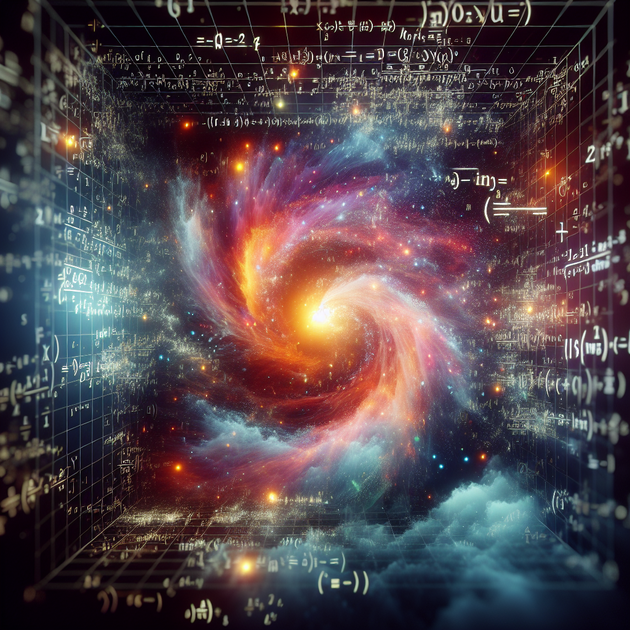What if everything you see and feel is real—because it simply can’t be faked? That’s exactly what a new mathematical study suggests about the “simulation theory,” shaking up a debate that has fascinated thinkers from Silicon Valley to sci-fi fans everywhere.
How Simulation Theory Took Hold
Simulation theory is the idea that our entire universe might just be an elaborate computer program—something like living inside an ultra-advanced version of The Matrix. It’s not just movie magic; even some scientists and philosophers have considered it possible. In fact, Scientific American has explored why this theory became so popular in recent years.
The argument goes like this: If civilizations get advanced enough, they’d have huge computing power and could simulate entire universes. If that’s true and simulations outnumber real worlds, then statistically speaking, we’re more likely to live in one of those simulations than in “base” reality.
The Mathematical Proof Against Computer Simulations
Now comes the twist—a new mathematical study claims to have toppled this argument by focusing on how complex physical systems behave. The researchers analyzed whether it’s even possible to simulate all the laws of physics in a digital environment without running into contradictions or impossibilities.
Their findings? Certain mathematical properties of quantum systems—especially those involving entanglement and randomness—just don’t add up when you try to code them into a computer model. In other words, some features of our universe appear too rich and complex to be digitally recreated.
Here’s what stands out from their results:
- Quantum behavior: True quantum randomness can’t be replicated by any algorithm or code.
- Complexity limits: Simulating every particle and force would require more information than any physical computer could store.
- No shortcuts: Attempts at creating simplified versions still break down when compared with actual physics experiments.
- Mathematical contradictions: Some proofs show digital models will always have gaps or errors when trying to mimic reality at its deepest levels.
For more on this subject, check out coverage from Nature, which highlights how these types of studies are changing scientific perspectives.
The “Matrix” Isn’t Collapsing—It Was Never Real
This isn’t just academic nitpicking—it has practical consequences for how we think about existence itself. If these mathematical barriers hold up under scrutiny, then no amount of future computing power will let us build—or live inside—a perfect simulated reality. The logic behind simulation theory starts to fall apart because there are things nature does that no code or hardware can match.
A friend once joked after watching The Matrix that maybe déjà vu was just a glitch in the program running our world. But now it seems those little oddities are more likely signs of how truly unpredictable—and unsimulated—real life actually is.
So What Does This Mean for Us?
It doesn’t mean questions about reality are settled forever; science thrives on skepticism and re-examination. But this new mathematical evidence puts a big roadblock in front of the simulation scenario many have come to believe almost as an article of faith.
Here’s what stands out:
- The universe seems fundamentally analog—not digital.
- No supercomputer could handle all the math required for real-world quantum events.
- The odds favor us being “real,” not simulated beings.
And if you’re curious about other mind-bending ideas in physics and cosmology, sites like Space.com offer deeper dives into ongoing debates.
Anecdote
Once at a college coffee shop discussion group, someone asked if breaking their phone screen proved we lived in a buggy simulation. The group laughed—but then fell silent as one student pulled up an article on quantum unpredictability. That moment underscored something profound: Reality is often stranger (and more fascinating) than fiction or any code could create.
So maybe next time you lose your keys or feel like time is moving too fast, it’s not a bug in someone else’s program—it’s just life doing what it does best: surprising us.
What do you think? Could there still be holes in this new proof against simulation theory—or has mathematics really closed the Matrix for good?

Leave a Reply